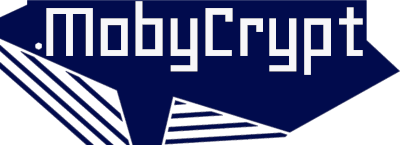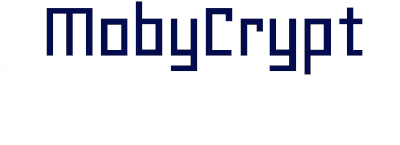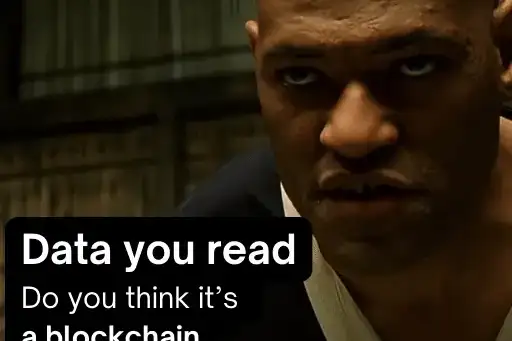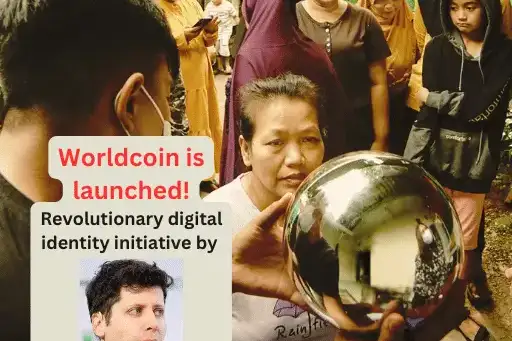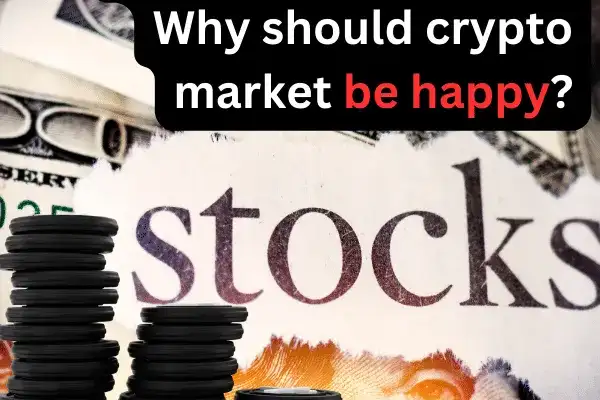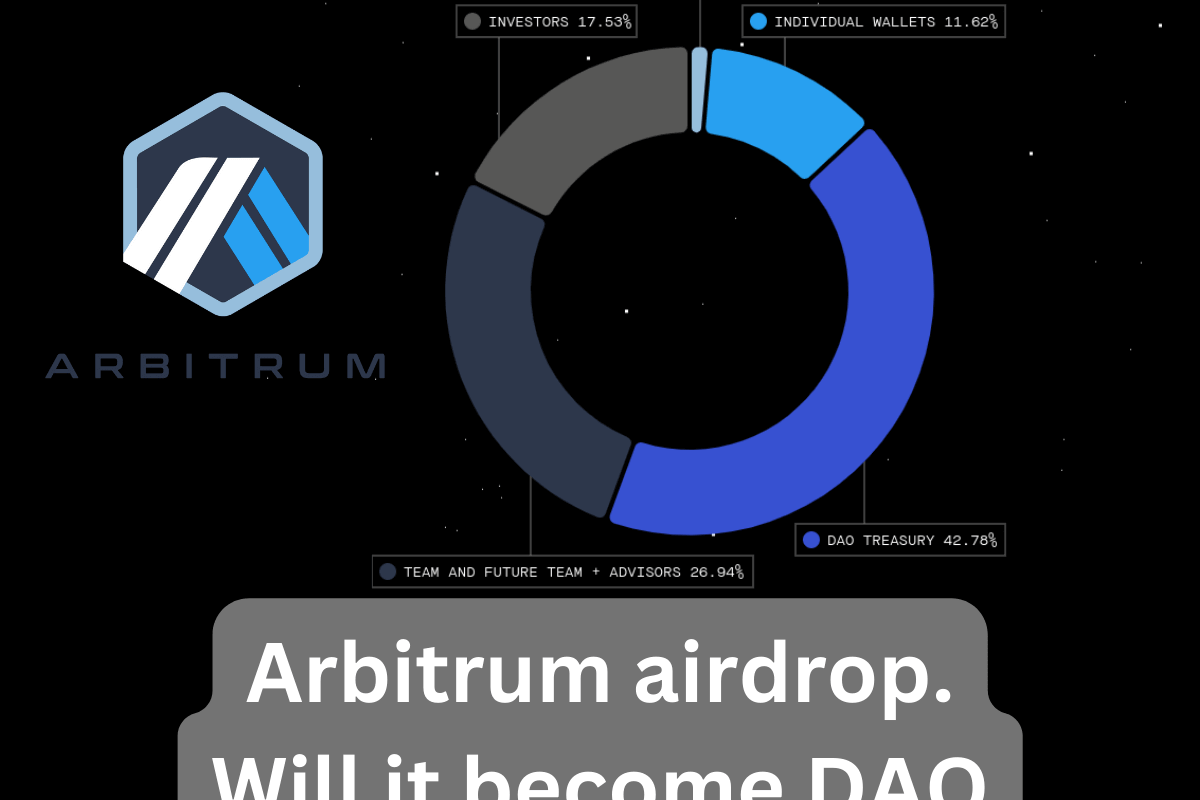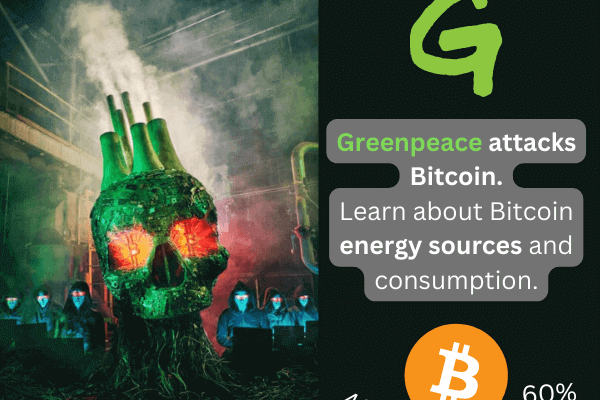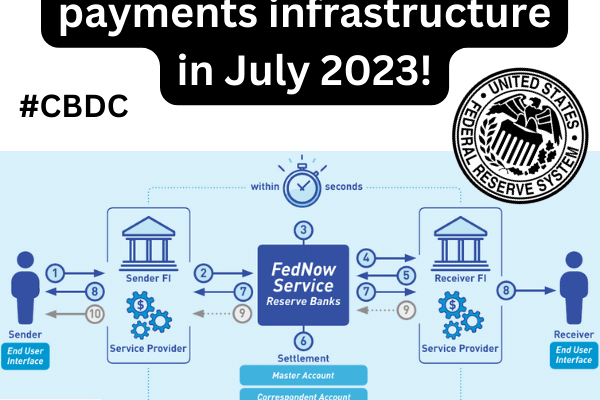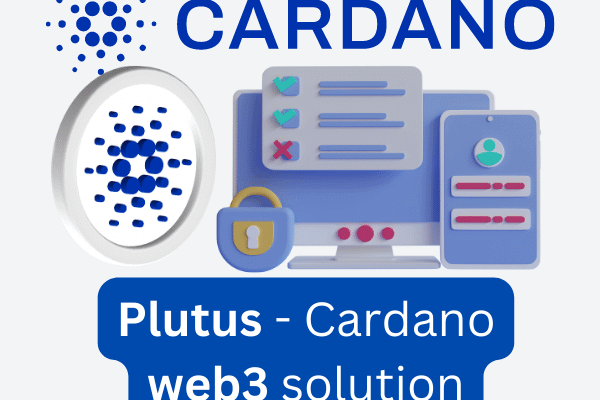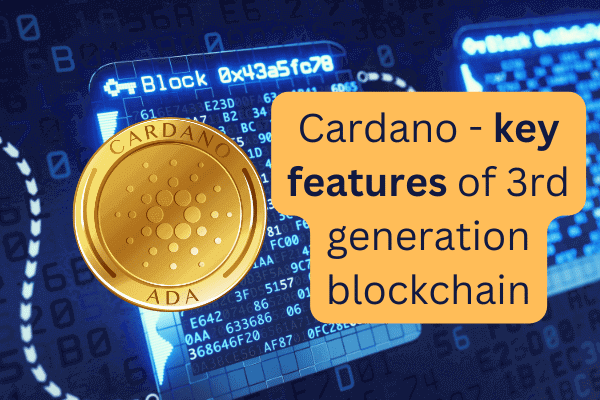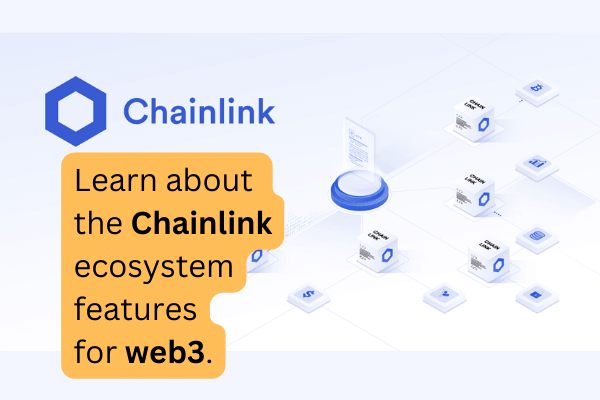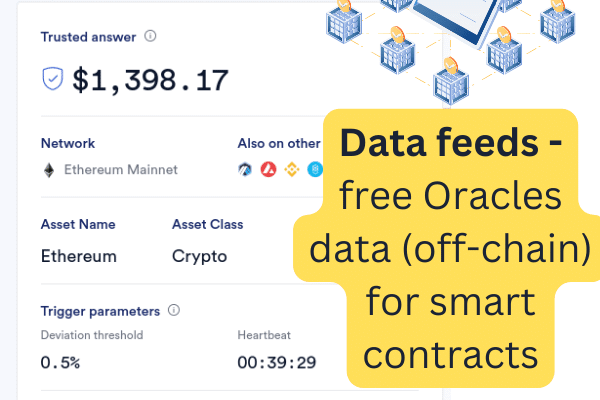How DAPPs read data from blockchain? Providers explained
Blockchain,Ethereum,Blockchain architecture
2023-10-14
Blockchain "engineering" has a lot illusions. Whenever you enter the DAPP (web page) which reads data from the blockchain - it reads it from a blockchain node, through a provider. Does it mean that DAPP creators operate a node and integrated a…
0 Comments4 Minutes
Sam Altman announced Worldcoin – revolutionary financial and digital identity network
2023-07-24
Worldcoin aims to solve possible future problems related to the development of AI. It especially focuses on the problem of "human" recognition in the world of highly developed AI systems where simply speaking - it will be really challenging to find…
0 Comments3 Minutes
So XRP is not a security. Why should crypto market be happy?
2023-07-15
So XRP is not a security Should anyone care? Yeah - in fact most cryptocurrencies except Bitcoin have the reason to celebrate. Why? XRP battle with SEC lasts from 2020. It took years already, and recent news is the reason for XRP to celebrate but…
0 Comments4 Minutes
Arbitrium token distribution overview. Is centralized DAO still a DAO?
Blockchain,Ethereum,Blockchain architecture
2023-03-27
The distribution of the ARB token implies a 27% allocation of the ARB token to the Arbitrum project team, and 17.53% to investors. Individual portfolios is only 11.62% of the allocation.
0 Comments3 Minutes
New Greenpeace campaign attacks Bitcoin. Is it legit?
2023-03-27
Greenpeace in collaboration with Benjamin Von Wong created a spot, campaign which should rise the awareness about Bitcoin being harmful for the environment. The goal is to convince the audience that Bitcoin is bad and requires... protocol change,…
0 Comments3 Minutes
FedNow FED payment infrastructure in July 2023
2023-03-24
FED announced release of their FedNow Service in July 2023. It's the infrastructure for instant payments between participants like banks, financial institutions or even fintechs.
0 Comments3 Minutes
Plutus – Cardano web3 solution architecture
Blockchain,Smart contracts,Cardano
2023-01-20
Plutus is Cardano's smart contracts platform. We develop web3 solutions for Cardano in Haskell. Cardano is based on EUTXO, as is Bitcoin.
0 Comments10 Minutes
Cardano – key features of the 3rd generation blockchain
Cardano,Blockchain,Blockchain architecture,Smart contracts
2023-01-18
Cardano is built on Haskell and based on the dedicated Ouroboros consensus algorithm. The blockchain's cryptocurrency is ADA.
0 Comments5 Minutes
Learn about the Chainlink ecosystem features for web3
Blockchain,Blockchain architecture,Smart contracts
2023-01-13
Chainlink Oracles, data feeds, VRF and automation - these are leading features of Chainlink available for smart contracts and web3
0 Comments3 Minutes
Data feeds – free data sources for smart contracts
Blockchain,Blockchain architecture,Smart contracts
2023-01-12
Data feeds are data "produced" by oracles, published on the blockchain, available to be read for free by smart contracts.
0 Comments3 Minutes
